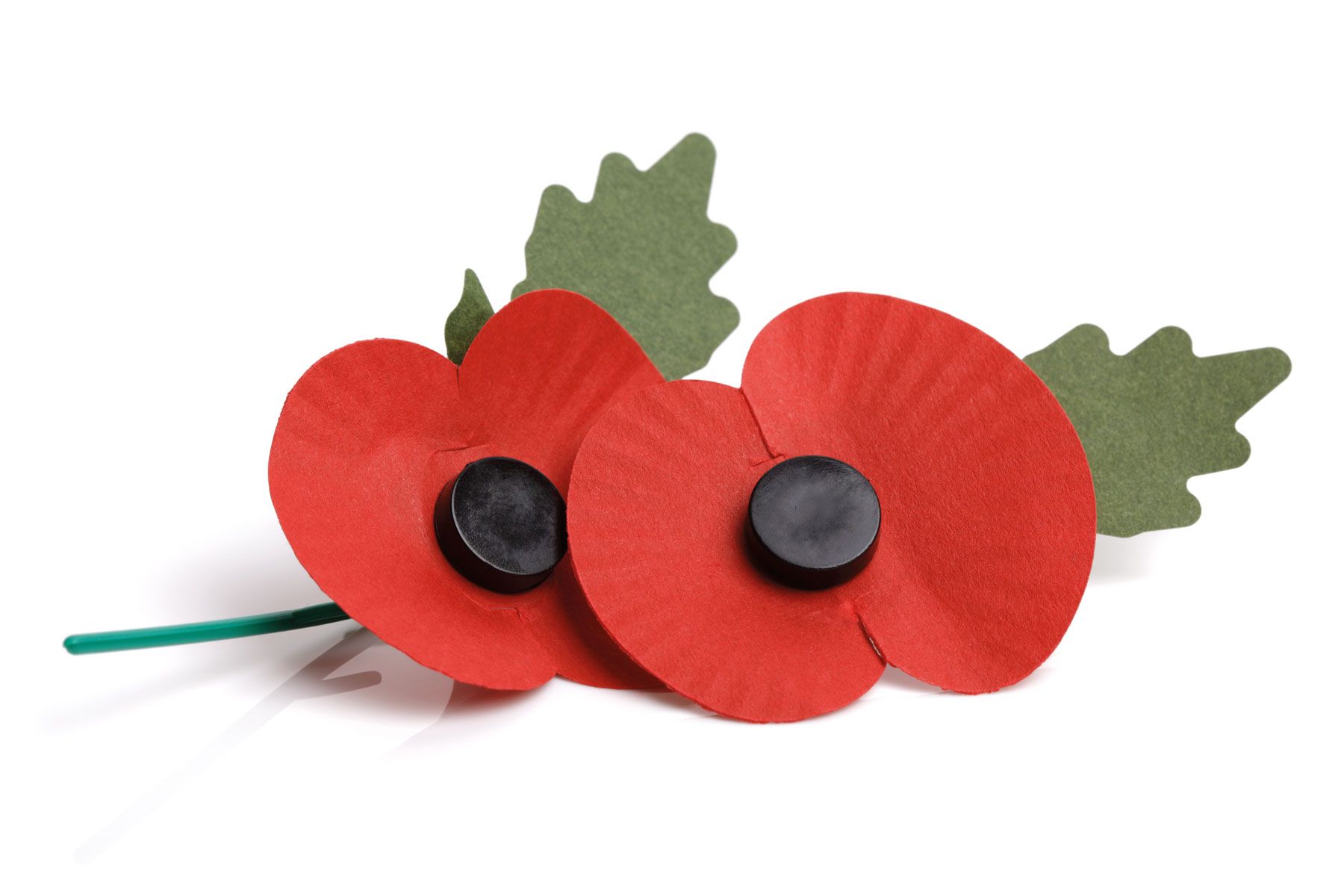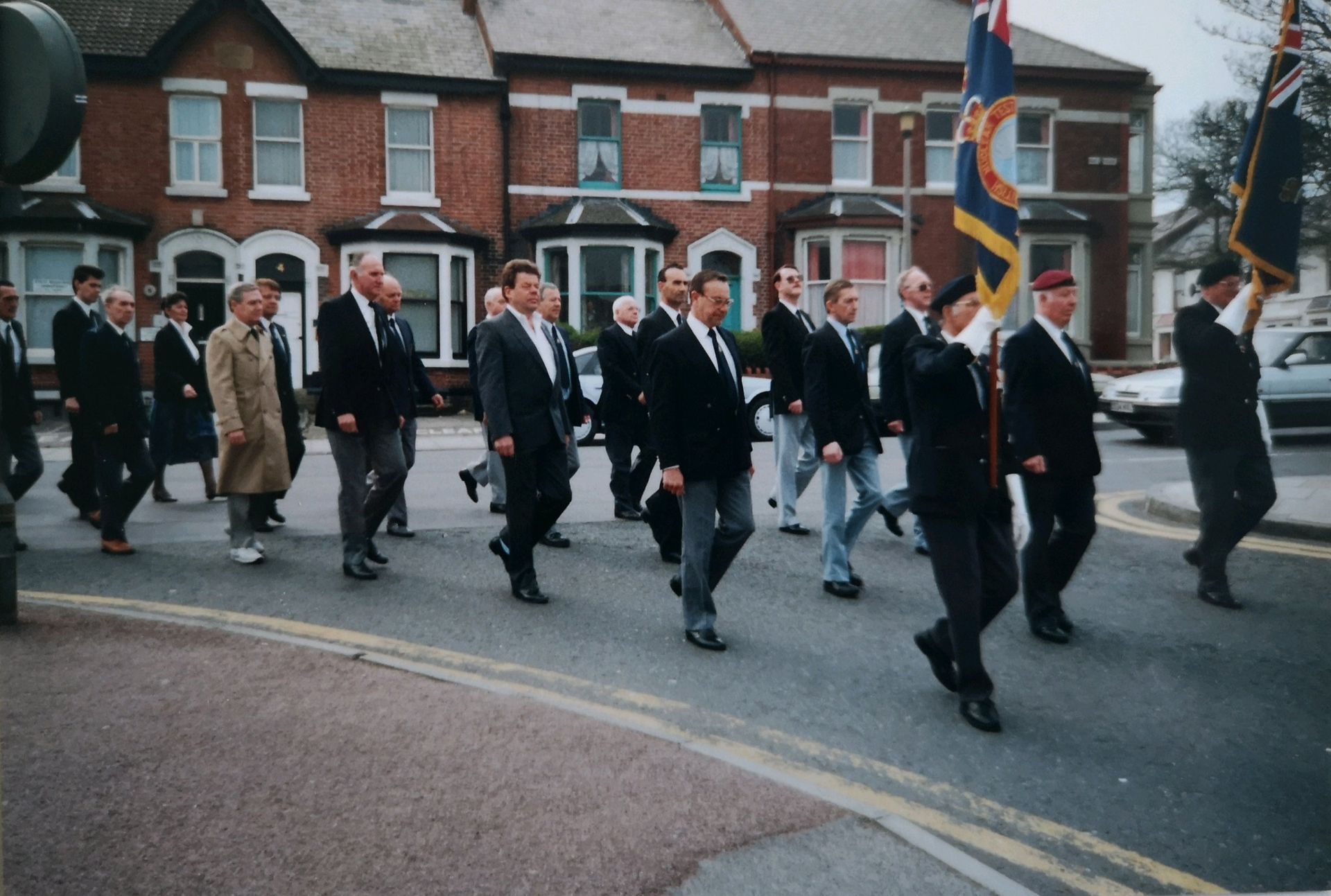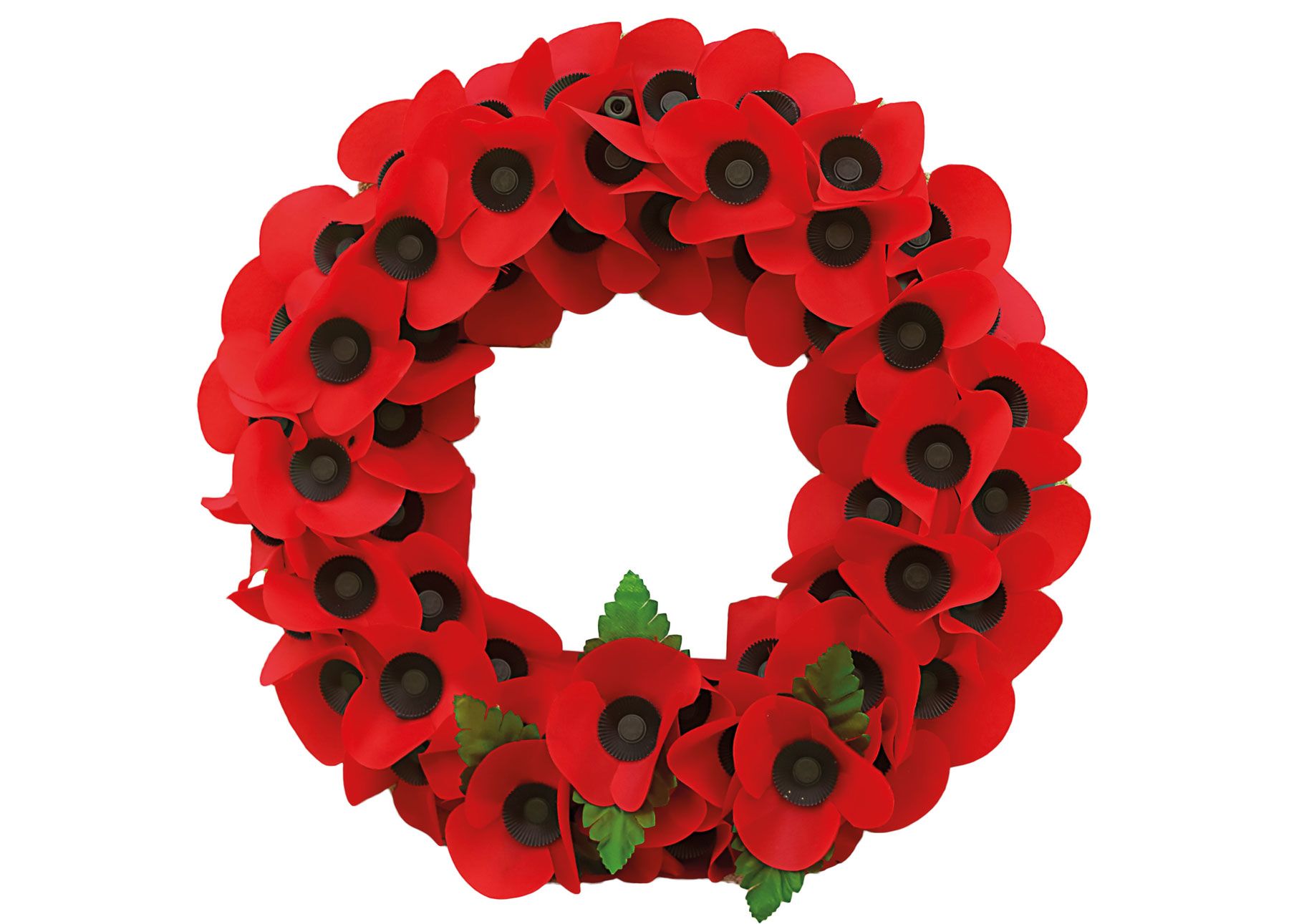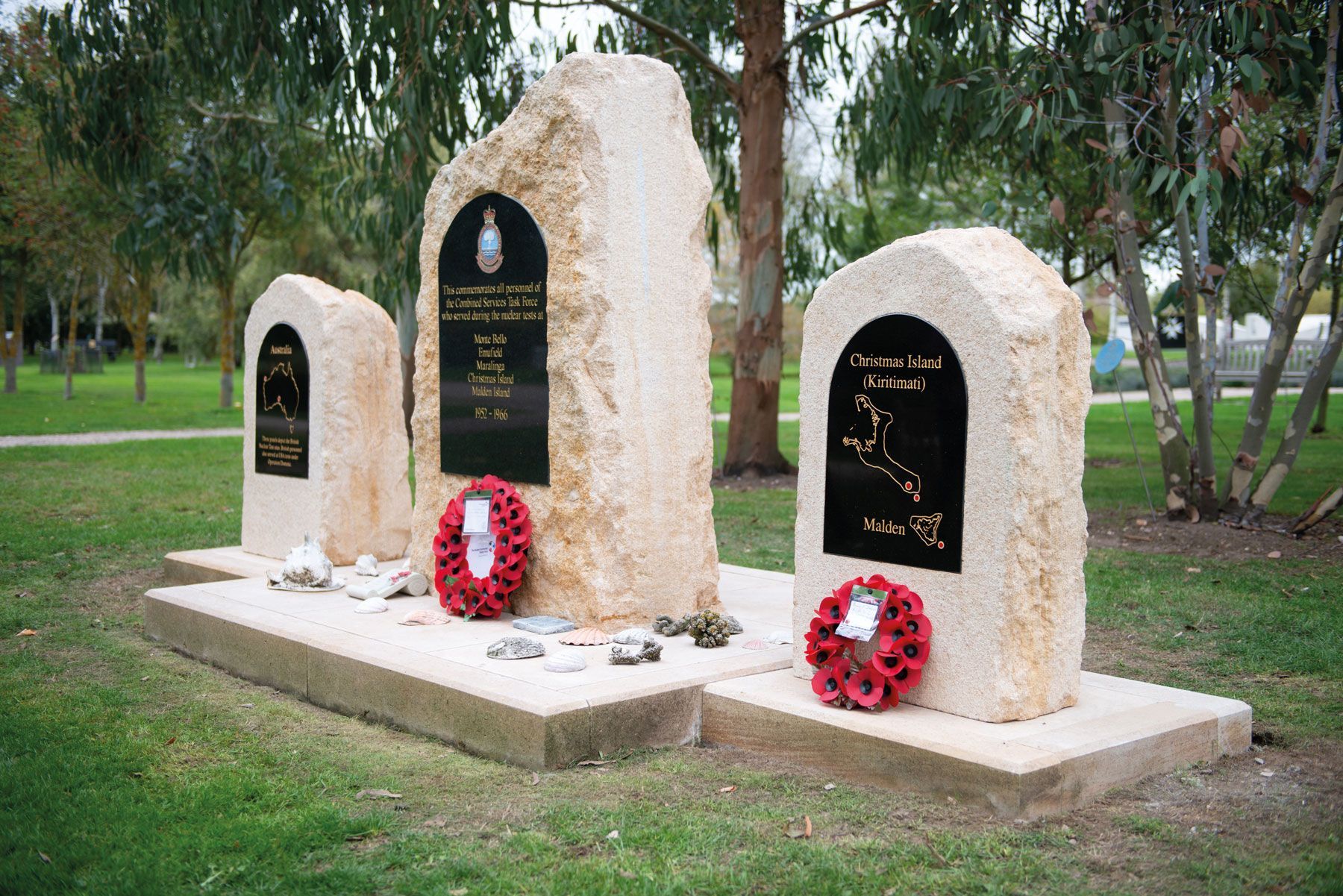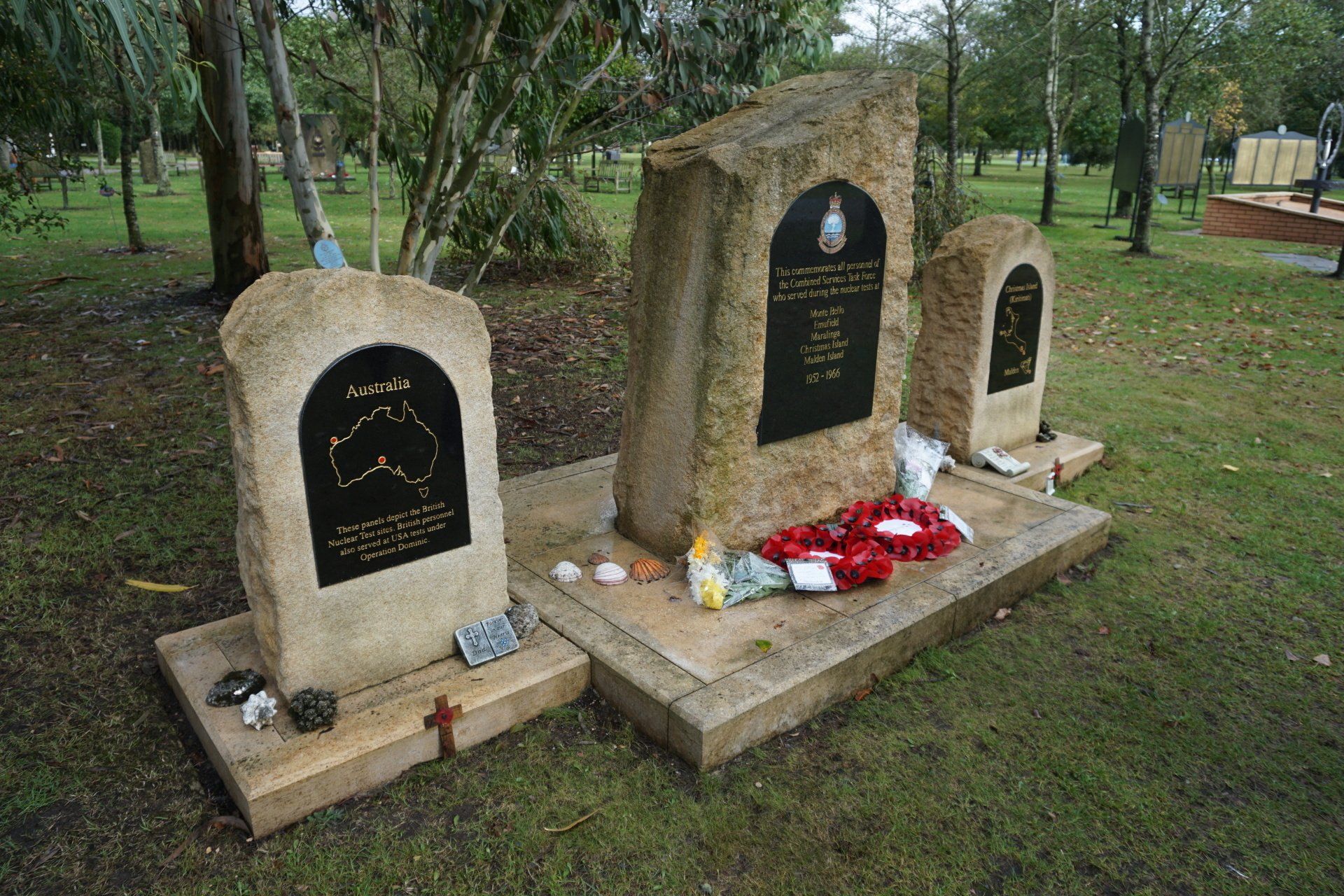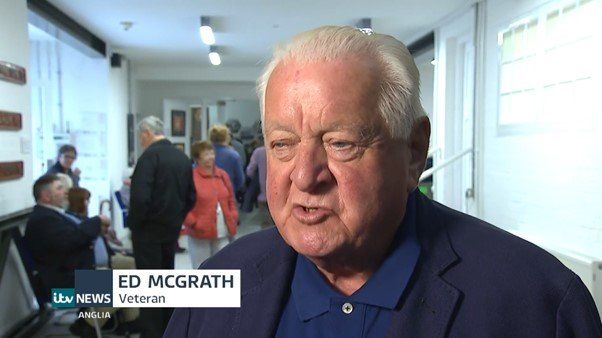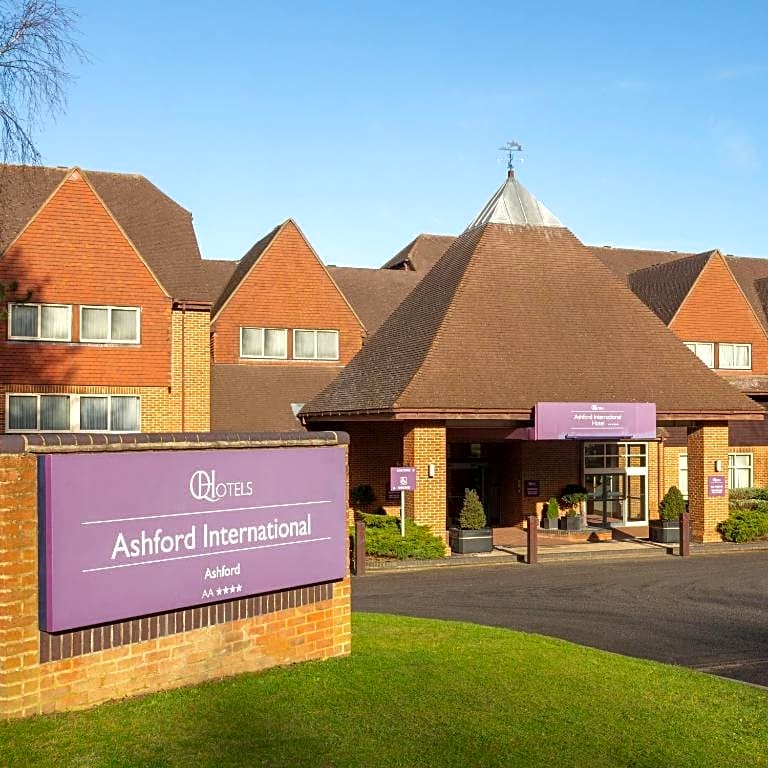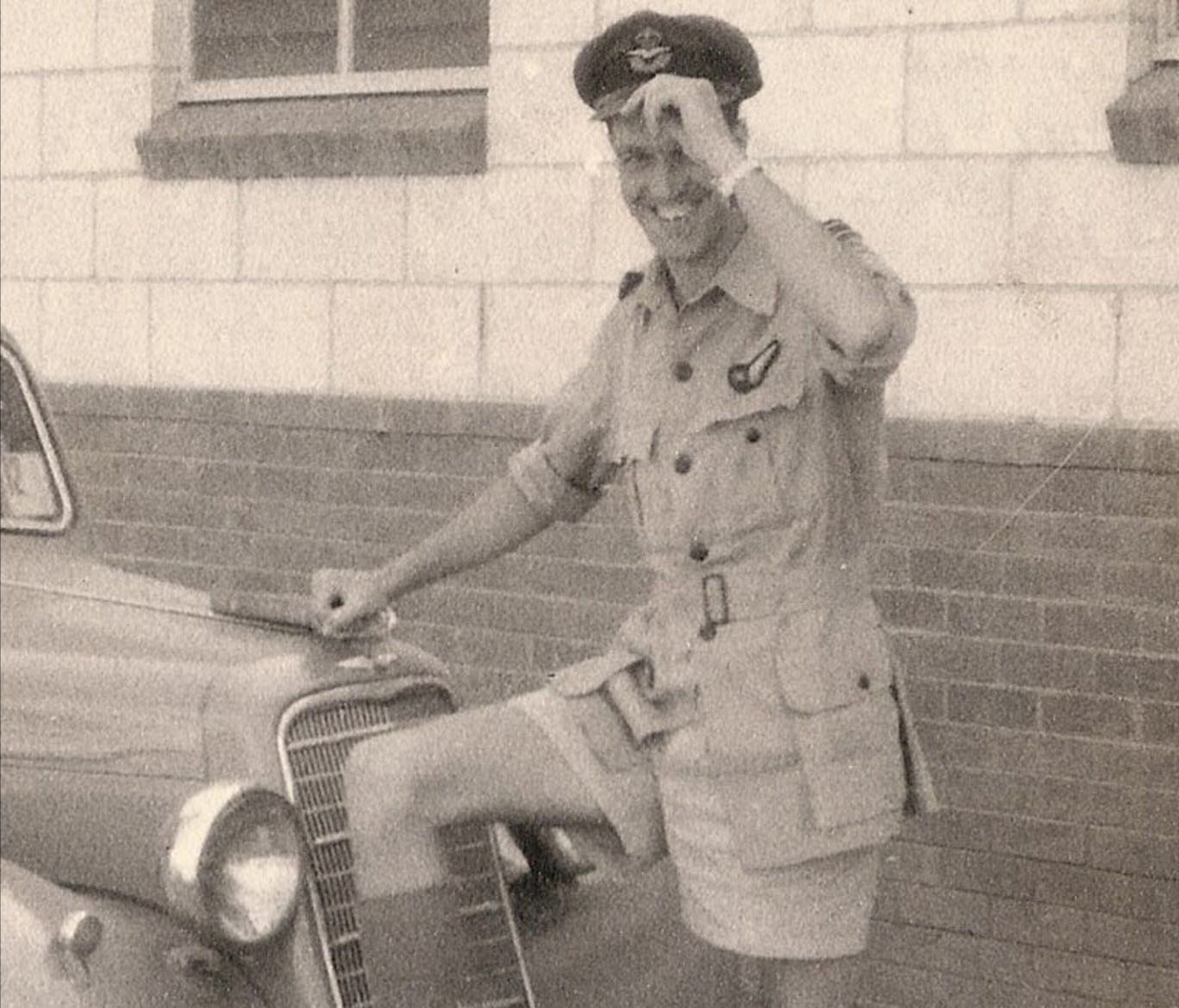Operation Grapple X - 140 times the size of the Hiroshima bomb
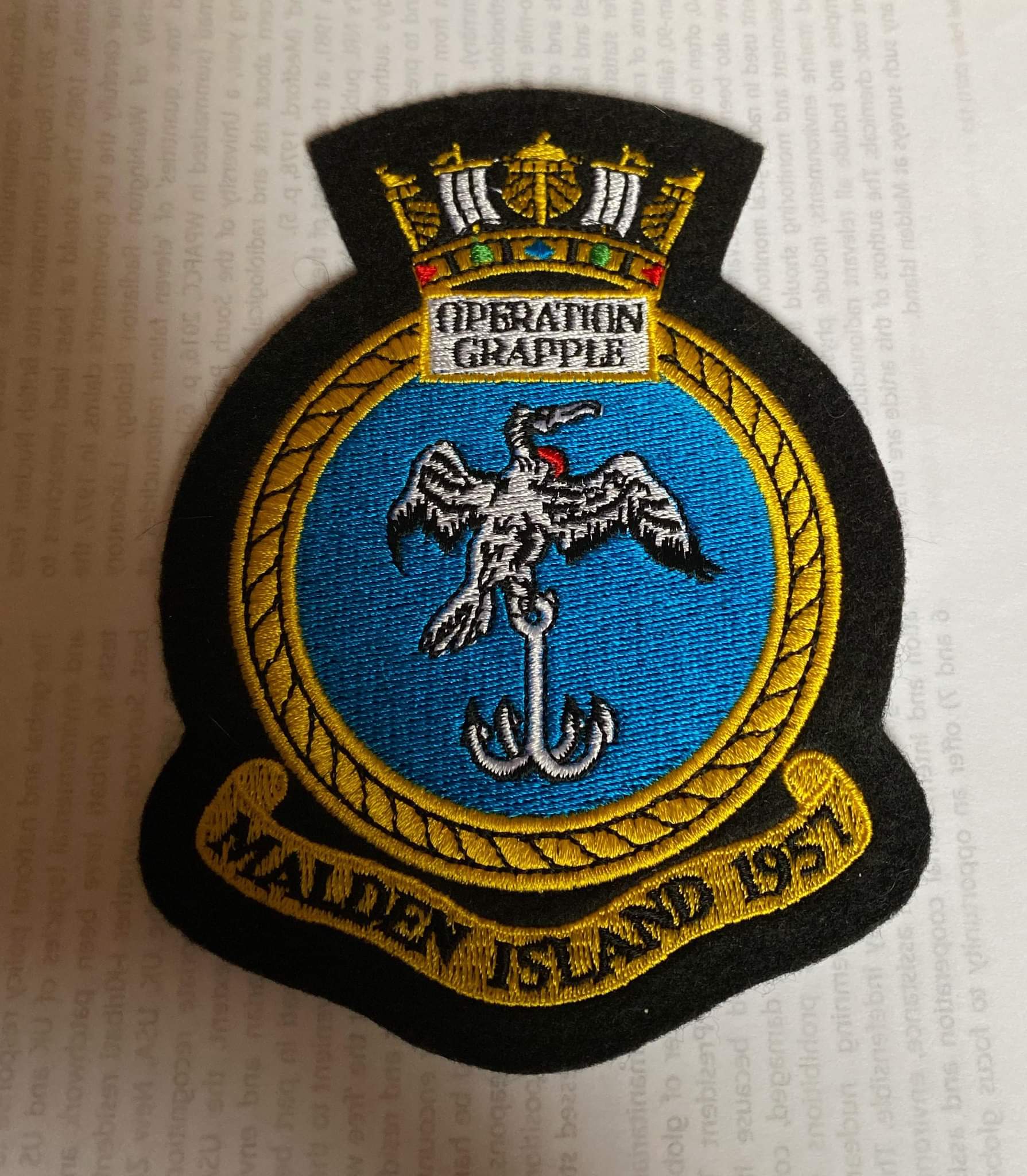
Operation Grapple X, 8 November 1957, Christmas Island.
In 1955 Sir Anthony Eden approached New Zealand’s Prime Minister with a request to use the Kermadec Islands as a testing site on the principle of the Commonwealth defence effort.
He hoped that “in the interest of our common defence effort and the importance of the deterrent for Commonwealth Strategy, you will find it possible to agree”.
We now know that the New Zealand government did not agree and Operation Grapple was held at Malden and Christmas Islands.
Today at 17.47 GMT marks the sixty-fourth anniversary of Round ‘C’ in the nine-part Grapple X series over Christmas Island and Malden Island.
It was an air drop by a Squadron RAF Valiant XD824 at 2250m which followed the underperforming Short Granite and Purple Granite.
A two staged design gave a yield of 1.8 MT, 140 times the size of the Hiroshima bomb.
The anticipated yield was underestimated by a whopping 80%, the shock wave damage was thus greater than expected and demolished buildings, equipment and infrastructure.
All bombs were dropped from the air either by RAF Valiant or tethered to barrage balloons and so produced high fallout.
Grapple thermonuclear designs were never put into service but were used to announce Britain’s thermonuclear status to the world which duly led to the UK-US Mutual Defense Agreement (1958) and ensured that the USA and the UK would once again work in tandem amidst fears of an imminent Test ban.
I have read many descriptions of Christmas Island...
Air Vice Marshal Wilfred Oulton CB CBE DSO DFC describes Christmas Island in his book, "Christmas Cracker", as the “largest coral island in the world”.
Group Captain Kenneth Hubbard (1985) describes an idyllic scene in his book, "Dropping Britain's First H-bomb: Story of Operation Grapple 1957", “The sun was still at a low angle producing a glittering effect on the clear blue Pacific”, which very quickly evolves into, “The clear air over an uninhabited island would be shattered by man’s scientific and technological ability” (page 93).
As Round C provides, “A sight of such majesty and grotesque beauty that …....... defies adequate description”; “The pride of AWRE culmination, the sense of occasion, Awe-inspiring" (Page 96).
Hubbard recalls the tangible sense of excitement and the euphoria of success.
Servicemen are described as guinea pigs as they moved around the island consuming fruits and fish which were swimming in the same contaminated lagoon as the men themselves and ingesting fallout dust (Baron 2008).
Ken McGinley, in his book, "No Risk Involved", describes killing injured birds, some still blindly flying around at the end of his duty.
I often wonder what was the average experience and the sensations felt by the Serviceman?
We can get a flavour of that in "Just Testing" by Derek Robinson (1985), “It was rather frightening when they set the bomb off, like, you know I’d never seen an explosion before, or heard one. And it was rather frightening. We’d got no protective clothing as such. Just shorts, and short-sleeved shirts, that’s all we had, and a pair of sunglasses"; “It took us completely by surprise because we didn’t expect this”. “Even then it wasn’t frightening to me, we were only boys, we were adventurous, I mean why should we be frightened at 21 and 22?”
“Twas absolutely tremendous. We had one of the best twelve months I’ve ever had as a boy...”
However, all the reading shows a total dichotomy of experience; we are human and react in different ways and that is perfectly alright. Different people have different impressions and recall of what happened that day and other test days. Your recall is valid, even if it is totally different to that of the man standing on the deck next to you, or decontaminating an aircraft.
As oral historian for the BNTVA, I hear many different accounts from many people including veterans and descendants; the man who has so much pride in his part in the tests, the family who is so proud of their relative or the men who cried and shouted in fear. All these experiences are valid and I do not judge people in any way for recounting their memories and experiences – it is an absolute privilege and honour for me to record your “stories”. I would be most happy to hear your account and different memories provide a fuller picture of your personal memory of the British Atomic Testing. If you would like to do this, please don’t hesitate to contact me either on social media or by email (m.harding@bntva.com).
It is also coming up to Remembrance Day, I’ll be honest I find this time of year hard, anniversaries are and it has been just a year since I lost both my parents. If you need someone to chat with, the BNTVA phone is on for Remembrance Day, please feel free to telephone if you need someone to chat with then or on any day. The BNTVA is here for you now and in the future whether you are a veteran, partner or descendant.
